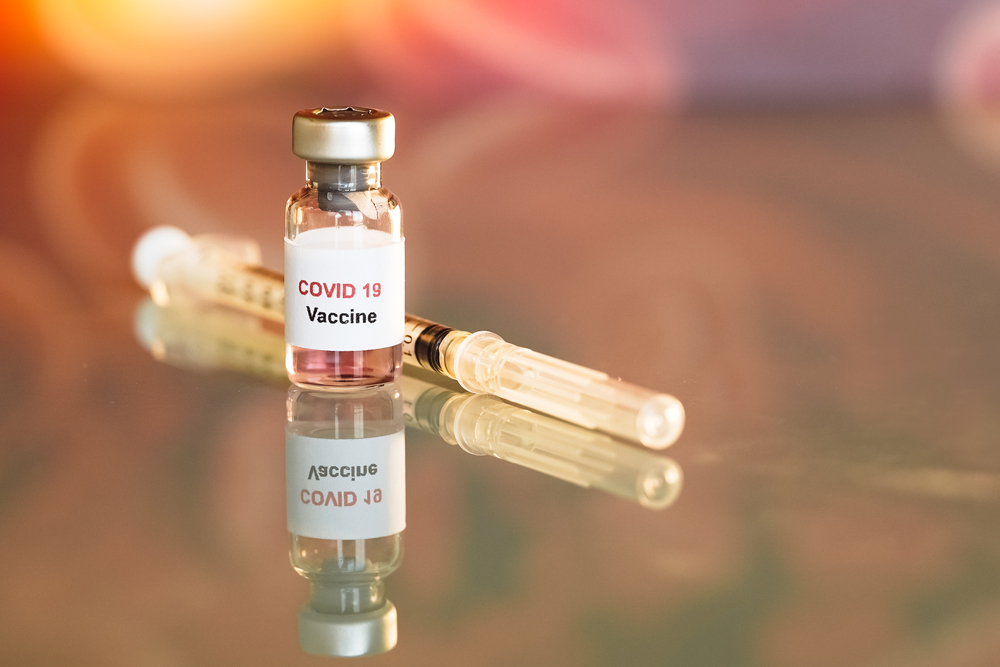
Testing of Moderna’s mRNA-1273 COVID-19 vaccine candidate moved forward this week, with the announcement that arrangements are being made to study 30,000 subjects as part of a phase 3 study in July and manufacturing set to reach as high as 1 billion 100 microgram doses per year in 2021.
Subjects for the phase 3 study will be issued doses at that 100 μg level. The test will be randomized, placebo-controlled, and will be conducted in collaboration with the National Institute of Allergy and Infectious Diseases (NIAID). Its primary goal is the prevention of symptomatic COVID-19 disease, though secondary endpoints include prevention of severe cases requiring hospitalization and prevention of infection by COVID-19’s cause: the SARS-CoV-2 virus.
“We look forward to beginning our Phase 3 study of mRNA-1273 with some 30,000 participants in July,” Dr. Tal Zaks, chief medical officer at Moderna, said. “Moderna is committed to advancing the clinical development of mRNA-1273 as safely and quickly as possible to demonstrate our vaccine’s ability to significantly reduce the risk of COVID-19 disease.”
The 100 μg dose level was chosen as the optimal dose level for maximizing immune response while minimizing side effects as a result of data gleaned from a previous phase 1 study.
Running parallel to these efforts is a phase 2 study, which has fully enrolled its first cohort of healthy adults between 18 and 54 years old and a cohort of adults 55 years old and above. That study will evaluate the safety, reactogenicity, and immunogenicity of two vaccinations of mRNA-1273 spaced 28 days apart. In all, 600 people should participate in that study, and in the process, they will receive either a placebo, a 50 μg, or a 100 μg dose. Subjects will be followed for 12 months after the second vaccination.
Currently, Moderna should be able to deliver around 500 million doses per year, but it hopes to take that figure as high as 1 billion doses sometime next year. These efforts will collaborate with Lonza.




